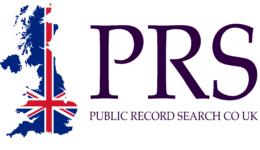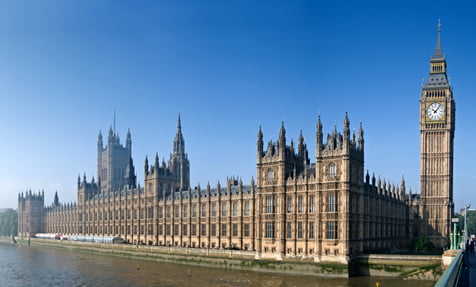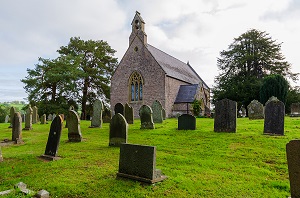Build Your Family History Using Parish Records
UK parish records are church registers of marriages, baptisms and burials. These records are great resources for learning about a person’s lineage and family history. Parish records consist of marriage records, baptisms and burials that we conducted by the Church. Births and deaths were not typically recorded in the UK a few hundred years ago and that’s why UK parish records are so useful. They can be used with other genealogical information to build a more accurate family tree.
The History of UK Parish Records
- Parish records started being recorded in 1538 on paper
- These records were transcribed to parchment in the late 1500’s
- There are gaps in recorded parish records during the English Civil War, 1642-1660
- Beginning in the 1800’s, marriages, baptisms, and burials were entered into separate records with much more information available
- In 1837, Civil Registration began
Records of marriages, births, deaths and baptisms were not always recorded prior to the 1500’s. In 1538, the court of Henry VII ordered weddings, baptisms and burials to be recorded. Then over the course of the few centuries these records developed until the early 1800’s when civil registration was introduced. There are some gaps in the UK parish records because of the UK civil war and older copies that were lost or not copied over to parchment from paper.
UK Civil Registration
Civil registration in the UK began in 1837 where legislation was passed to create a civil register of births, deaths, marriage and divorces. Before this time, parish registers were used to document life events such a wedding, baptism or burial. The UK civil registration is a more complete account of a person’s life events in the UK. Detailed information about civil registration can be found at the UK national archives as well as genealogy websites.
How to Search UK Parish Records
There are a couple of ways to easily search parish records online. There are privately run UK genealogy websites, public record website or the UK government resources such as Gov.uk and NationalArchives.gov.uk. With these resources you can search parish registries as well as nonconformist and non-parish births, marriages and death records as well as other church related records. If you are tracing your ancestry, then it’s savvy to have multiple resources to work with to insure there are no inconsistencies.
Advertising Disclosure: This post may contain promotional links. publicrecordsearch.co.uk may be compensated if you use these links.


